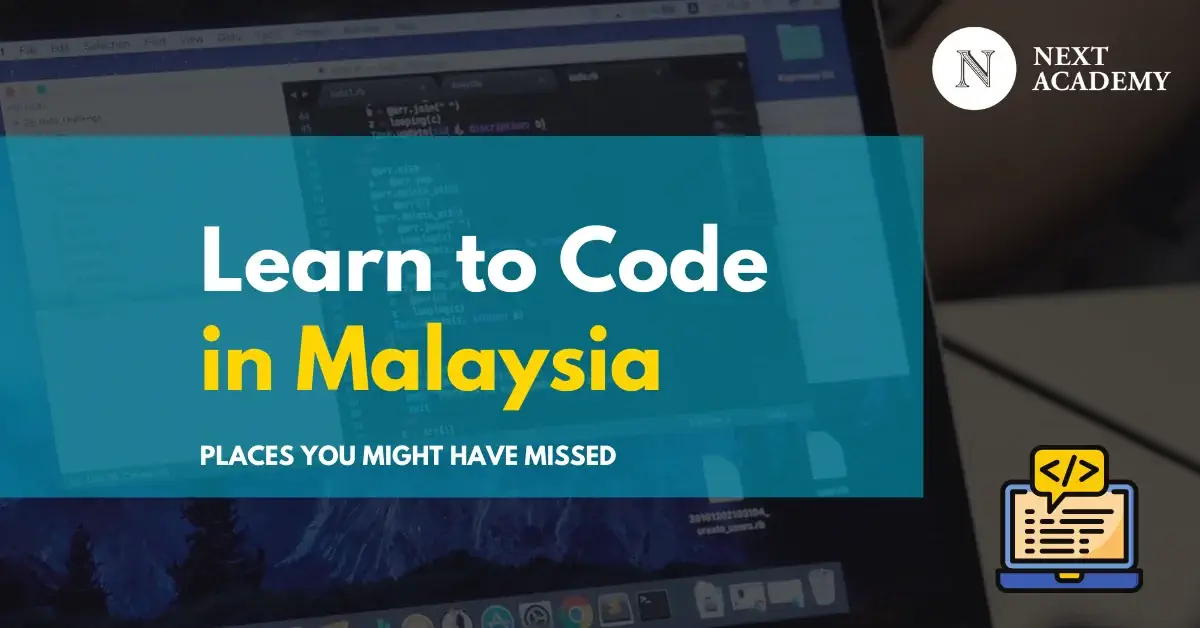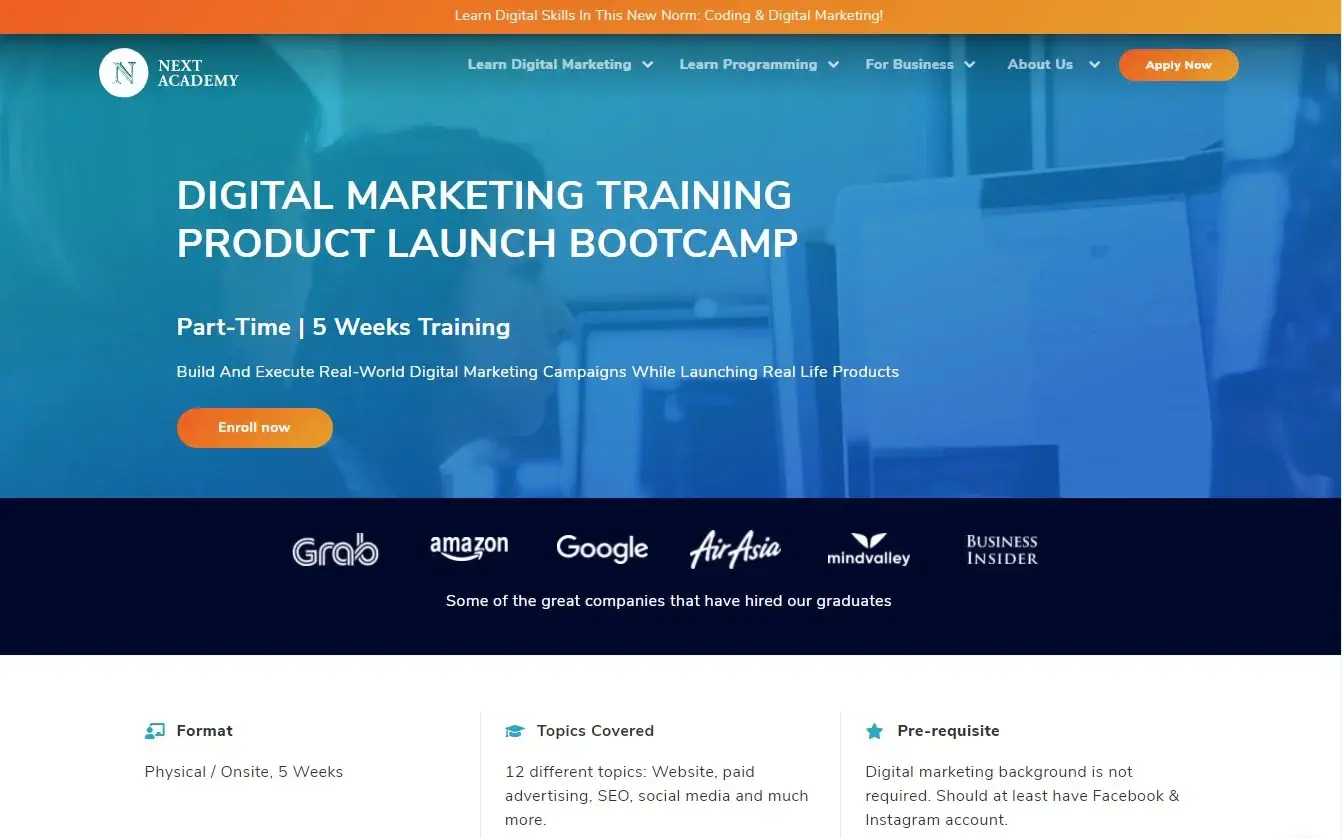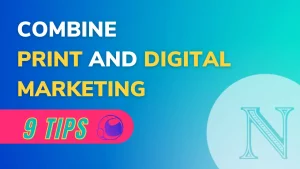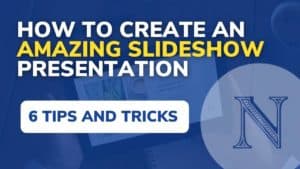You’ve heard the argument before.
You haven’t?
Here it is: Everyone should learn to code.
Here’s the counter-argument, of course – that coding is not for everyone, that coding isn’t an end but a means, that being able to solve problems is more important than knowing how to write code. Well, duh! Unlike playing a musical instrument, coding has yet to have the fame in Malaysia, to the extent where most parents urge their children to take music classes.
However, does that limit one from learning? Or rather, the question should be, in Malaysia, where does one learn to code? Besides the typical computer science degree, where should you go if you want to pick up programming?

“A programmer is ideally an essayist who works with traditional aesthetic and literary forms as well as mathematical concepts, to communicate the way that an algorithm works and to convince a reader that the results will be correct.” ― Donald Ervin Knuth, Selected Papers on Computer Science
You’ve probably heard of Codecademy and Code School which allow you to dabble in programming, but here are seven useful resources that you might not have heard of:
Bento
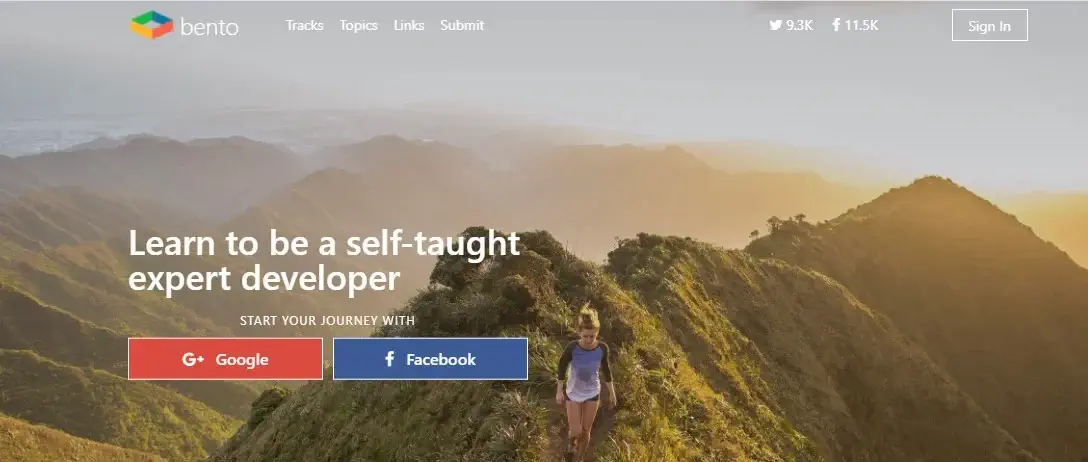
Set up by a Stack Overflow engineer, Bento takes users through different tracks – from the basics of web development to front end development to database management – and indicates that if a user finishes the courses, he or she could go from “zero to web development developer”. Each track contains videos, hands-on tutorials and reading materials curated by other developers. It’s also free; how awesome!
Learning to code is a lot like learning to cook. You can go through a lot of recipes and learn to make a few specific things, but you’re missing out on the fundamentals that way. — Bento
The Odin Project
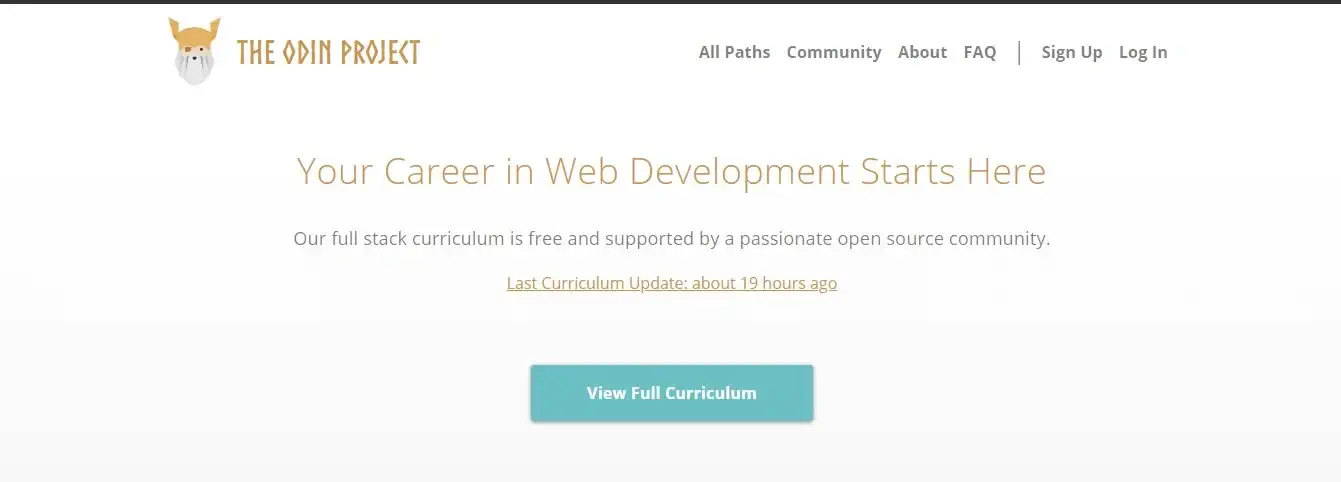
The Odin Project is claiming to be one of those “What I wish I had when I was learning” resources. Their goal is to make computer science education accessable to everyone and their project is designed to fill in the gap for people who are trying to learn coding on their own.
Odin curriculum and website are available on Github and they are encouraging their students (and other) to contribute to the project itself and expand further!
Code Avengers
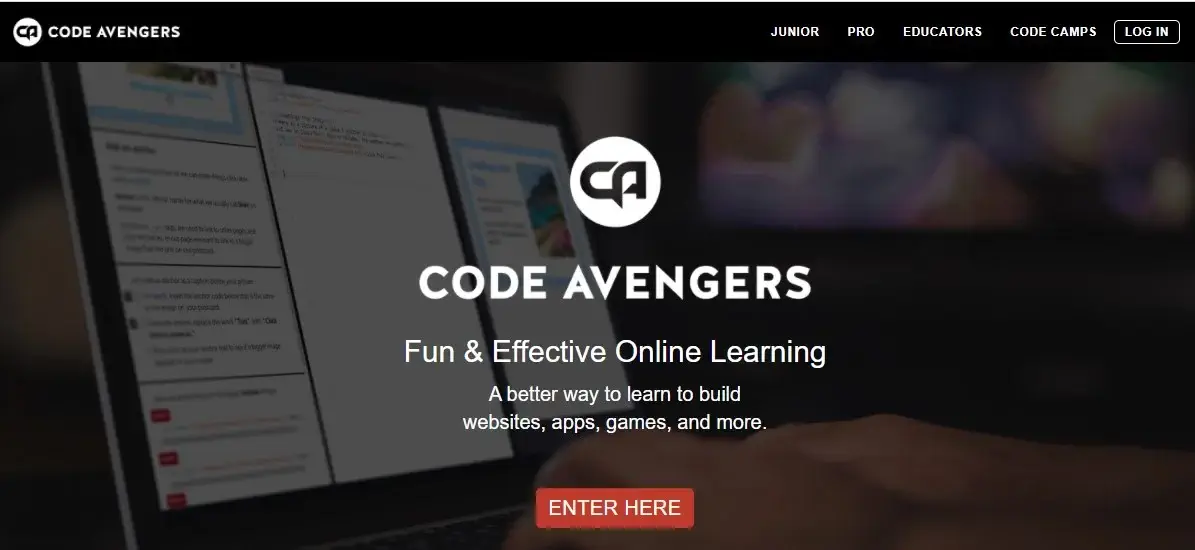
Code Avengers provides three different courses – HTML5/CSS3, Javascript and Python. More game-like than Codecademy and Code School tutorials, this usually appeals more to users who prefer interactive learning environments. However, only the introduction of each course is free. Anyone who would like to proceed further will have to pay for each course.If you’re interested in making games, though, try the Intro to Game Development tutorial in the JavaScript course.
Psst! Want to get more tutorials like these sent directly to your inbox? Sign up for Next Academy’s curated tutorials.
Code.org
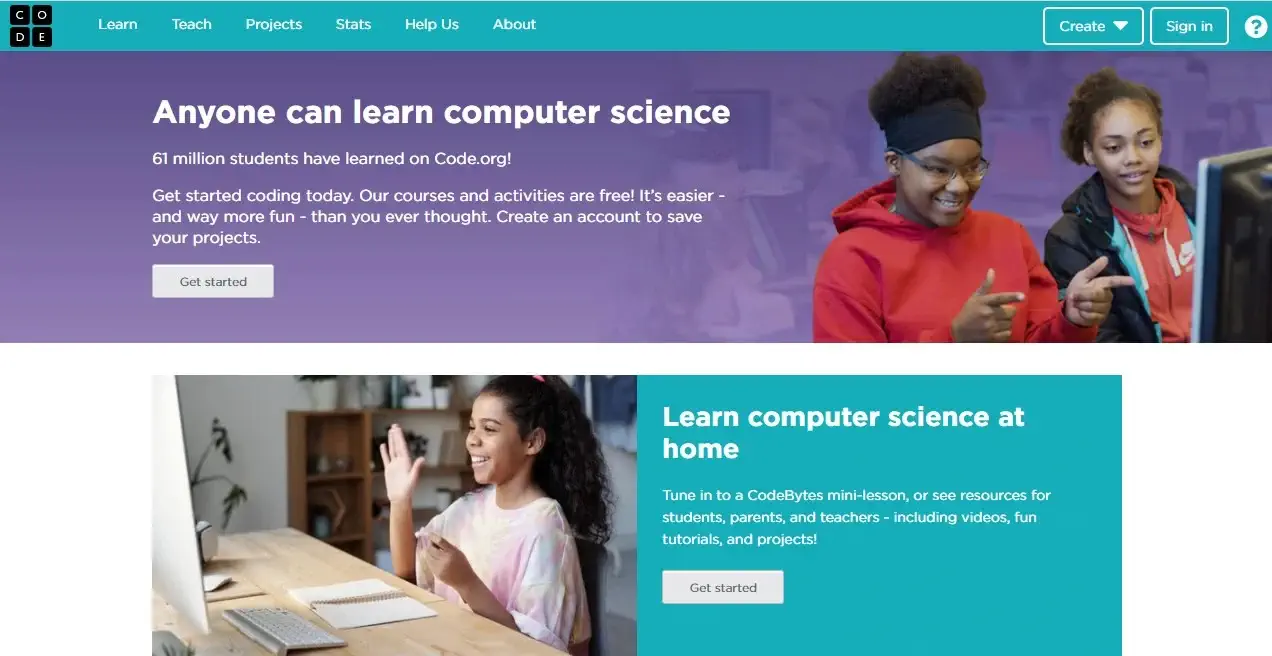
If you don’t like reading, or actual coding, and just want to learn the logic behind how code works, try Code.org. Want to know how Flappy Bird works? Click on the link, drag and drop the blocks and voila! Code is the communication medium between the user and the computer – it tells the game to make the bird flap and move up when a user taps the screen. It also tells the game to end when the bird hits the ground or an obstacle. This is, of course, highly simplified but works to help you understand how code works. It’s also super fun!
Khan Academy
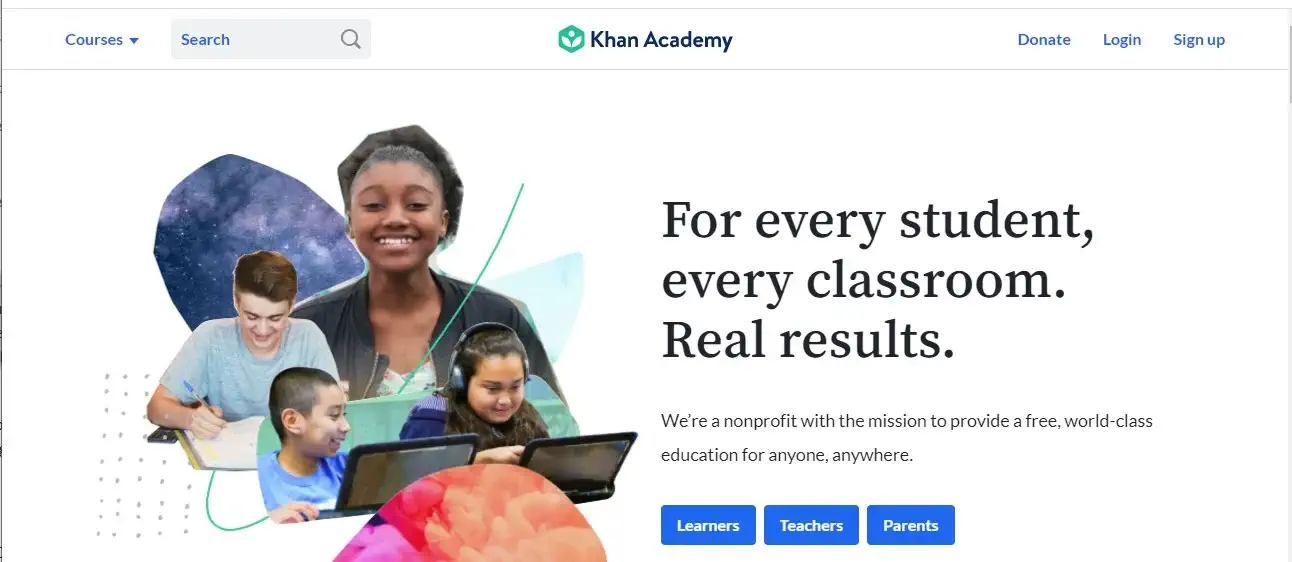
Khan Academy is an open source learning space that provides videos and exercises for people to study at their own pace. They offer lessons in various different fields including history, economics, computer programming, and for all levels of learners.
I believe they don’t need extensive introduction. They are also offering tools for parents and educators to help them coach their students according to their needs in each subject.
Codeplace

Learn coding by building actual usable projects on Codeplace. Do you want to build a social network? Or a directory website? Or a dating app? The courses available provide instructions on how to do these. The code casts (video lectures) are free to watch but to access extra resources, you will have to pay a monthly fee.
NEXT Academy
If you want to learn programming in an immersive physical location (instead of remotely online), with classmates who are passionate about building their own projects, Next Academy’s Web Development Bootcamp is the place to be. With coding challenges to be completed daily, as well as dedicated mentors available throughout the day, participants go from knowing nothing to graduating as world-class junior web developers within nine weeks.
You will feel passionate, challenged, and so help me, over-utilised. After months of passive inactivity, your brain neurons will be firing on all cylinders. — Gwen Yi, Next Academy graduate
At NEXT Academy, our students come from all walks of life. This is the reason why we strive as a community – we learn from one another and are all united with the desire to do better and have a common goal of wanting to make an impact on society whilst growing ourselves especially in our career and in our personal lives.
-
Josh Tenghttps://www.nextacademy.com/author/josh/
-
Josh Tenghttps://www.nextacademy.com/author/josh/
-
Josh Tenghttps://www.nextacademy.com/author/josh/
-
Josh Tenghttps://www.nextacademy.com/author/josh/
 What We Have Done |
What We Have Done | 